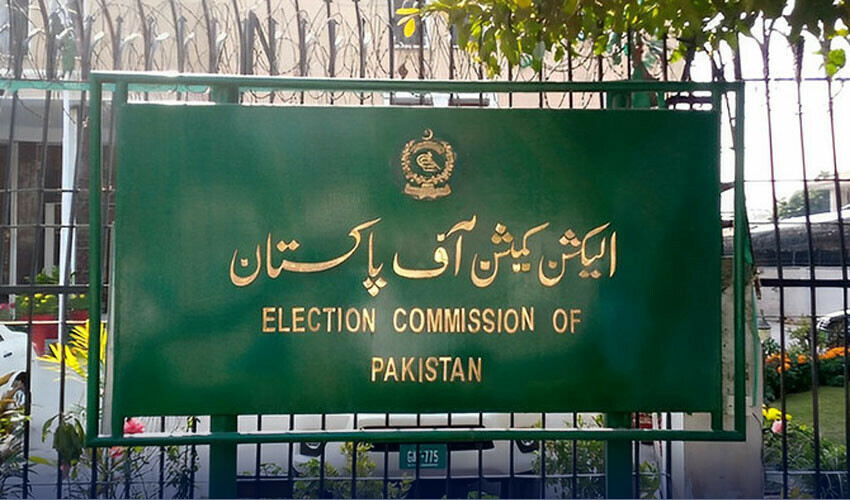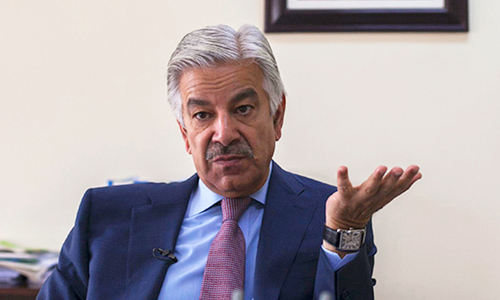POLITICS & POLICY MAKING

The Election Commission of Pakistan (ECP) has opposed granting overseas Pakistanis the right to vote via the internet, citing significant risks of hacking and manipulation. The issue was discussed on Tuesday during a meeting of the Senate Standing Committee on Parliamentary Affairs, chaired by Dr. Humayun Mohmand.
ECP’s Concerns
ECP officials highlighted the global rarity of internet voting, stating, "Except for Austria, no country allows voting through the internet due to security concerns." They elaborated that private and foreign hackers pose a serious threat, which could compromise the integrity of general elections.
Officials also pointed out that overseas Indian citizens are permitted to vote only by returning to India or through postal ballots under specific conditions, setting a precedent for secure voting systems.
Parliamentary Debate
Parliamentarians expressed divergent views on e-voting:
- Senator Sarmad Ali questioned the logic of granting voting rights to dual citizens when they cannot contest elections, calling for consistency in laws regarding dual citizenship.
- Senator Pervez Rashid revealed plans for a delegation to engage with overseas Pakistanis, including those in Saudi Arabia, a move criticized by Senator Kamran Murtaza due to Saudi Arabia's restrictions on political activities.
Suggestions and Criticism
Former Minister of Science and Technology Shibli Faraz argued for proactive measures, sharing his experience in developing a locally-made e-voting machine. "We cannot make progress unless we address the root causes of election controversies," he stated, challenging the ECP to explore technological solutions.
However, skepticism remains strong. Senator Kamran Murtaza, reflecting on past election controversies, voiced concerns about the credibility of results with e-voting.
Constitutional Considerations
The committee explored whether constitutional amendments would be required for e-voting. While some members emphasized exploring secure alternatives, the overall consensus leaned towards caution, with fears of potential manipulation outweighing benefits.
Conclusion
The debate over granting voting rights to overseas Pakistanis via the internet remains contentious. While some lawmakers advocate technological solutions, others urge prudence, citing security risks and systemic vulnerabilities. As discussions continue, the ECP’s stance against internet voting highlights the complexities of ensuring electoral integrity in a digital age.




